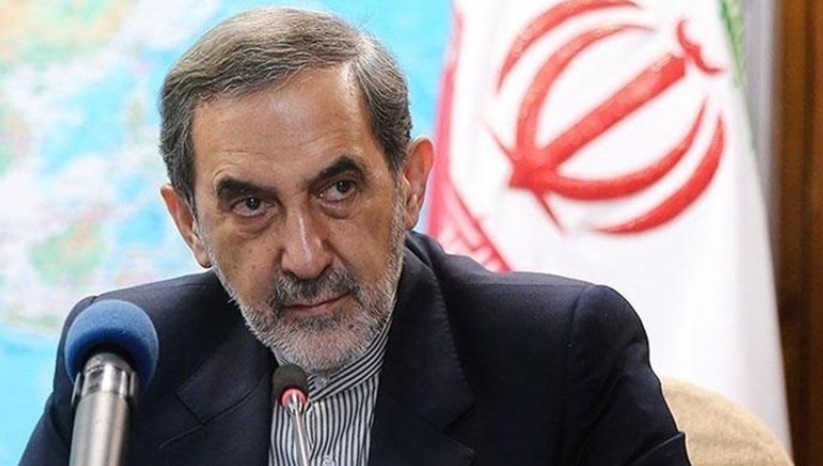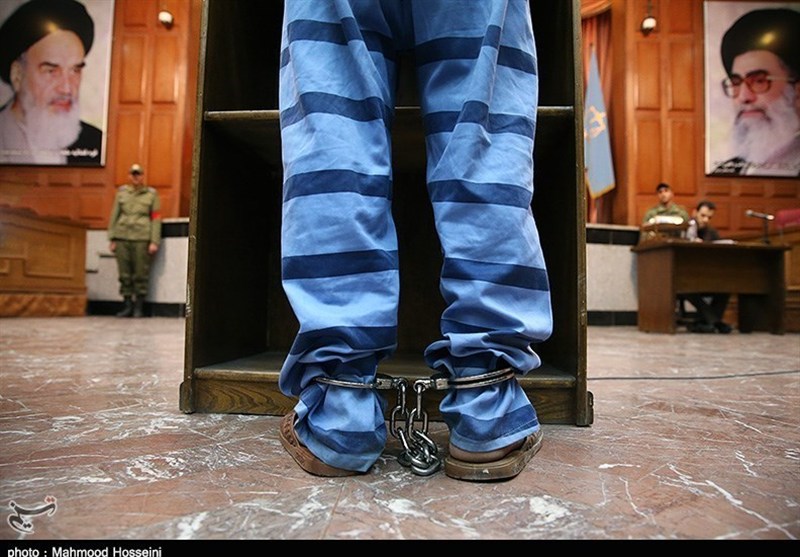Ali Akbar Velayati, a senior adviser to the Leader of the Islamic Revolution Ayatollah Seyed Imam Ali Khamenei, said the proposed Zangezur Corridor is a geopolitical scheme led by the US and the Israeli regime to undermine Iran’s national security and strategic ties.
In remarks at a ceremony in Tehran to commemorate Sheikh Safi al-Din Ardabili, Velayati addressed geopolitical concerns surrounding the Republic of Azerbaijan and the proposed Zangezur Corridor.
He stated that enemies of Iran—particularly global Zionism and the United States—have long been disturbed by Iran’s historic unity and deep cultural ties in the region.
“These actors seek to weaken the foundations of Iranian identity as a means to harm the country’s national security,” he stated.
Velayati said plans like the Zangezur Corridor serve as a cover for larger geopolitical projects.
He warned that the primary aim is to weaken the resistance axis, sever Iran’s connection to the Caucasus, and impose a land blockade on both Iran and Russia in the region’s south.
Velayati stressed that Iran’s national security remains a red line.
The full text of Velayati’s statement is as follows:
In the Name of God, the Compassionate, the Merciful,
Greetings and salutations to the brave and cultured people of Azerbaijan, especially the proud province of Ardabil. I offer special thanks to Ayatollah Seyed Hassan Ameli, the Leader’s representative and the esteemed Friday Prayer Leader of Ardabil, whose dedication and efforts enabled the holding of this grand ceremony honoring the lofty status of Sheikh Safi al-Din Ardabili.
I also express gratitude to all those who have played a significant role in honoring this prominent scholarly, and national figure.
Dear guests, respected scholars and intellectuals,
Throughout history—and especially in the contemporary era against the recent aggressions of the Zionist regime and the United States—the great nation of Iran has displayed an exceptional unity, vigilance, and solidarity. This unity, rooted in Iran’s rich Iranian-Islamic culture, has always been a source of inspiration for freedom-seeking nations worldwide.
Iranian culture holds two distinctive features: first, internal cohesion among diverse ethnic groups; and second, a historical continuity that, like the weave of a Persian carpet, has fortified our ancient civilization.
Iranian identity has always been based on monotheism. From ancient times until today, Iranians have followed monotheistic faiths. As historians like Shahrestani and Masoudi have written, even ancient Iranian kings considered themselves descendants of Prophet Abraham (AS).
With the advent of Islam, the Iranian people—who had previously followed Zoroastrianism, a monotheistic religion—embraced this divine faith wholeheartedly. Interestingly, according to most historians, Zoroaster himself originated from the Azerbaijan region.
Iranians have historically led the fight against oppression—from Abu Muslim Khorasani’s uprising against the Umayyads, to Khajeh Nasir al-Din Tusi’s efforts during the Mongol era, and the Shiite movements before the Safavid period.
However, the turning point of this historical path was the establishment of the Safavid state, which, under Shah Ismail Safavi and inspired by the teachings of Sheikh Safi al-Din Ardabili, united Iran after centuries of division.
Sheikh Safi al-Din Ardabili, a mystic and devout jurist descending from Imam Musa al-Kazim (AS), not only founded a genuine spiritual and intellectual movement, but also united Iran by linking mysticism, Shiism, and Iranian identity.
He laid the foundations of institutions and structures whose signs are still alive in our culture today.
Today, just as in the past, Azerbaijan remains a source of faith, a stronghold of Shiism, and a pioneer in Iranian-Islamic identity.
This region has always been at the forefront of defending territorial integrity, independence, and the values of the Islamic Revolution—and this historic role must be preserved.
Iran’s enemies, especially global Zionism and the US, have been disturbed by this historical unity and strategic cultural depth.
They have consistently attempted to undermine the foundations of this identity to harm our national security.
In this context, plans such as the “Zangezur Corridor” are pursued as covers for broader geopolitical projects.
The main goal is to weaken the Resistance Axis, sever Iran’s link with the Caucasus, and impose a land blockade on Iran and Russia in the region’s south.
This project is not only part of America’s strategy to shift pressure from Ukraine to the Caucasus, but is also supported by NATO and certain pan-Turkist movements.
Yet, Iran has clearly and decisively opposed these actions from the outset, even deploying forces to the borders and conducting deterrent exercises to show that national security is our red line.
The policy of “active prevention” rather than “passive reaction” is the intelligent strategy adopted by the Islamic Republic.
The heroic people of Azerbaijan—those who stood against Ottoman and Tsarist Russian invaders, under commanders like Abbas Mirza and the support of grand Shiite scholars such as the late Seyed Mohammad Mojtahed, and who, during the episode of Democratic Party of Azerbaijan cult, under the leadership of scholars and senior clerics, foiled the colonial conspiracy and did not allow Iran’s territory to be divided—remain firm.
Today, too, the enemy seeks to penetrate Iran’s geopolitical depth under the cover of seemingly economic, but in truth, separatist, projects.
However, the Iranian nation, inspired by the teachings of its great figures—especially Sheikh Safi al-Din Ardabili—stands and will continue to stand against these conspiracies.
Just as that divine mystic confronted division in his time, today the Iranian nation will foil the enemy’s sinister plans through unity, vigilance, and faith.
May the memory of Sheikh Safi al-Din endure.
May his path be widely followed.



